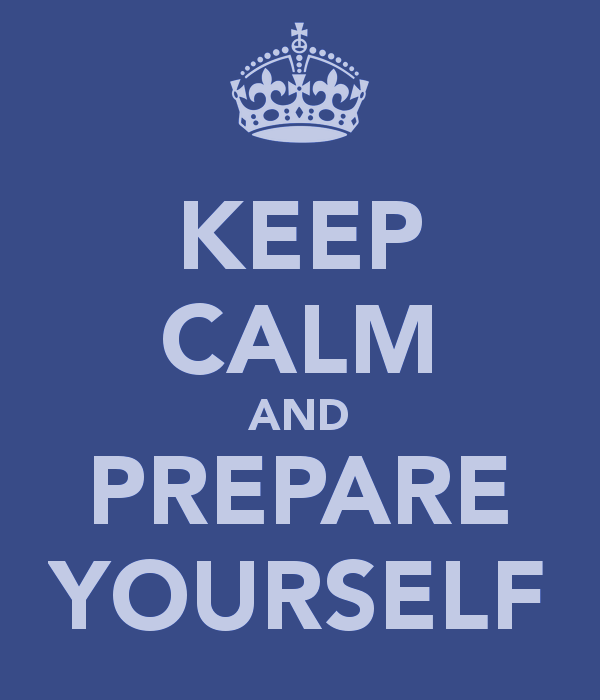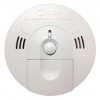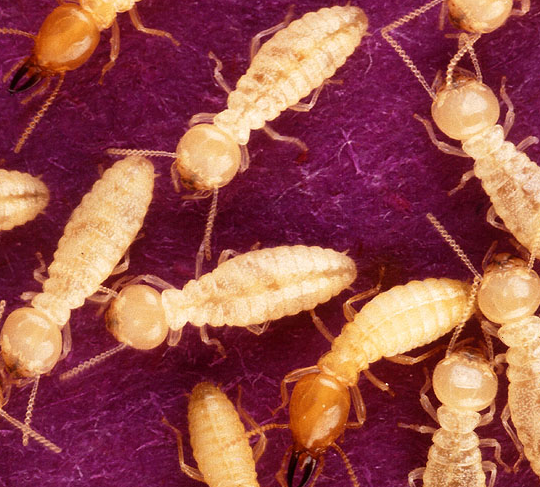I recently performed an EMF radiation inspection for a land purchase where there are some high voltage power lines. Not the huge metal towers, just thick, typical-looking power lines running down the street. Some of the EMF readings in the area came in over 100mG, which is pretty high considering that Sweden settled on 2.5mG as a safe limit after a 25-year study on the subject. In this post I’d like to give a little background on the issue and offer some reasons why you should probably know what the EMF readings are both in your home and in your yard. I know, I know, another thing to watch out for.
![100-mG-reading-in-East-Hampton-NY[1]](http://southoldhomeinspections.com/wp-content/uploads/2013/07/100-mG-reading-in-East-Hampton-NY1.jpg)
Background
EMF (or ElectroMagnetic Field) is a broad term which includes electric fields generated by charged particles, magnetic fields generated by charged particles in motion, and radiated fields such as TV, radio, and microwaves. Electric fields are measured in units of volts per meter or V/m. Magnetic fields are measured in milli-Gauss or mG. The field is always strongest near the source and diminishes as you move away from the source.
High levels of EMF air pollution can dramatically influence property values. Southampton Home Inspections (SHI) always offers EMF testing in conjunction with home inspections and will also perform independent EMF test services. In my recent inspection I took readings at 16 locations around the property and vicinity as a basis for an objective report on the conditions.
The manufacturer of the meter I use states that it, “Measures AC electric fields rapidly, such as from overhead power lines or improperly grounded equipment. Measures major RF/microwave sources such as leakage from microwave ovens, or the field near cell towers.” The meter manufacturer describes an error factor of 20%. EMF radiation from power lines is often referred to as an ELF, an extremely low frequency condition.
Reported “Possible” Health Issues
As far as reported health effects of EMF are concerned, A 2009 EU update confirmed the opinion of a previous 2007 EU report: “The previous conclusion that ELF magnetic fields are a possible carcinogen, chiefly based on childhood leukaemia results, is still valid.” Other potential health problems have not been considered as significant. In 1995, a major law suit was filed against a Texas Utility company regarding 8 cases of children diagnosed with acute lymphocytic leukemia who lived near high voltage power lines. The suit was filed by Joseph Jamail, one of the most successful—and richest—trial lawyers in America.
When I first began testing the microwave oven in our home and ones in other homes, we quickly decided not to allow anyone in the kitchen when the microwave oven is on. No matter how new the model, the radiation is usually high within 5 feet. Bedside alarm clocks, electric blankets (still selling at the Bridgehampton K-Mart) and, yes, cell phones also emit radiation that has not been emphatically proven to cause cancer. Yet, as recently as this past May, there is news that India will ban all cell phone sales of units that are not properly labeled. I’m not referring to the fine print in the box, but the cell phone itself. As noted, “The SAR value, which is the radiation emitted by a cellphone, will have to be displayed on mobile handsets.”
The US government presently does not regulate EMF levels in such things as power lines. However, the Office of Technology Assessment of the Congress of the United States recommends a general policy of “prudent avoidance” with respect to EMF. Prudent avoidance would mean measuring the levels, determining the sources, and acting to reduce exposure. Using an EMF meter, it is possible to know where the sources of EMF are in your everyday world and how strong these sources are.
If you are considering purchasing a home, land, a microwave, or a cell phone, I highly suggest that you do some research and learn what the EMF values are, if available. If you would like SHI to perform EMF tests for you, that would be a pleasure.
Tags: North Fork EMF radiation testing, EMF survey, update of EMF health effects, East End Long Island NY EMF survey, Mattituck, NY EMF home inspector, Shelter Island, Cutchogue, Laurel, Jamesport, Abequogue, Baiting Hollow, Calverton, Brookhaven, Middle Island, Riverhead, Southold EMF radiation testing, mid-island home inspector, experienced EMF radiation testing, License #16000053978





![100-mG-reading-in-East-Hampton-NY[1]](http://southoldhomeinspections.com/wp-content/uploads/2013/07/100-mG-reading-in-East-Hampton-NY1.jpg)

